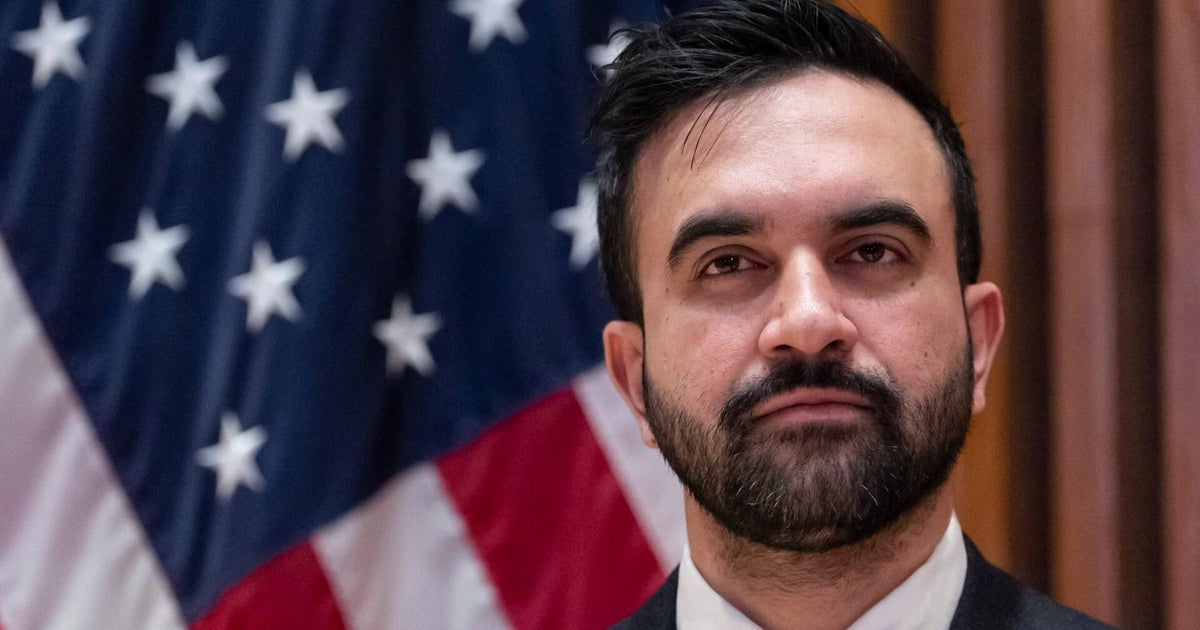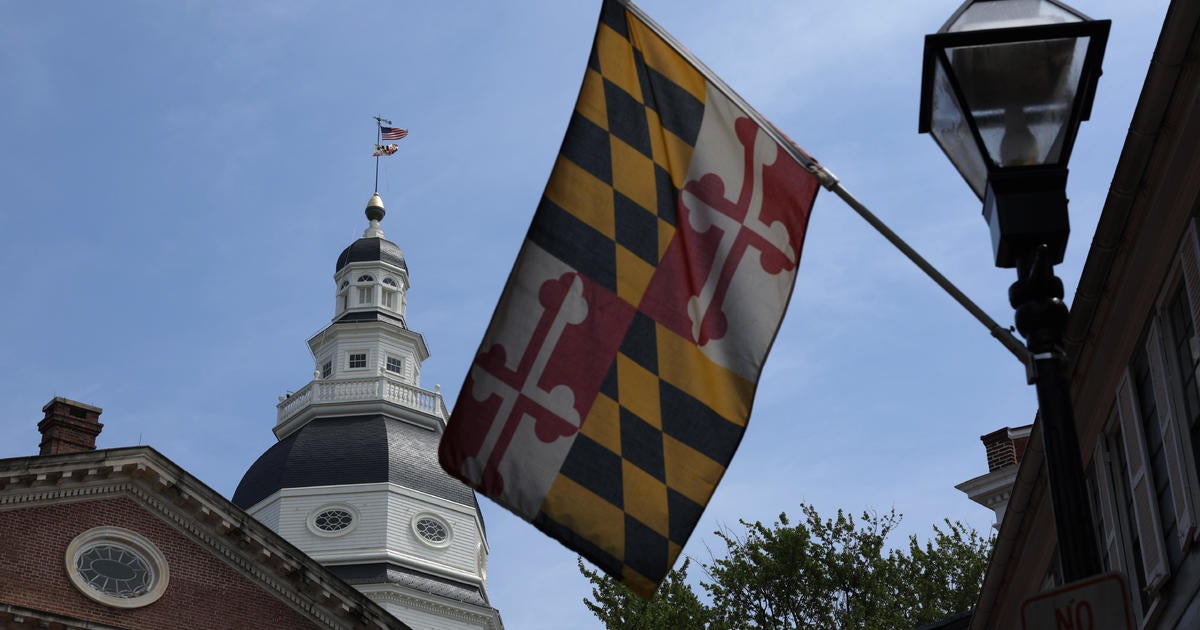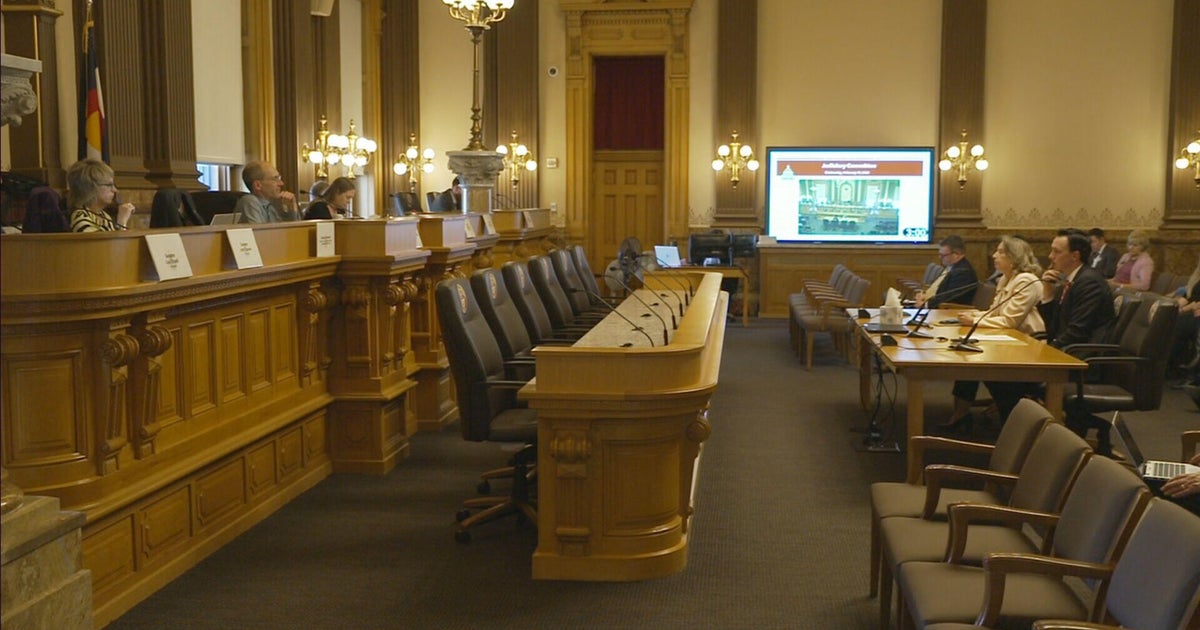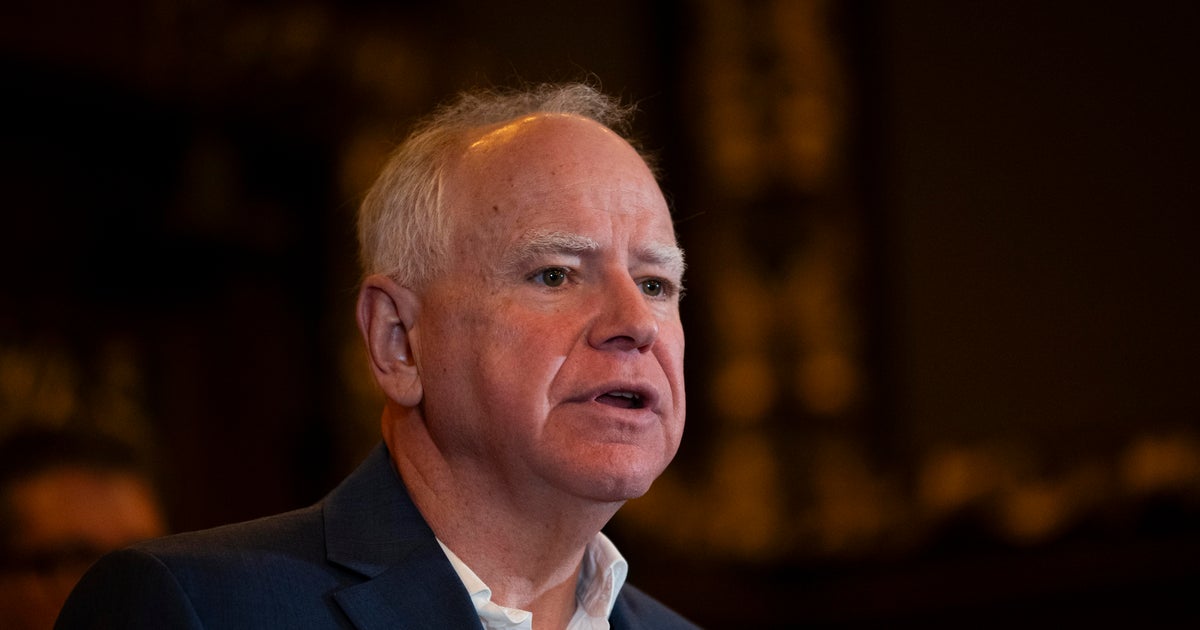Walker Says He Wouldn't End Same-Day Registration In Wis.
MADISON, Wis. (AP) — Gov. Scott Walker said Wednesday that the cost of eliminating same-day voter registration convinced him to oppose repealing the law, even though he previously said he would sign a bill to do that.
After Walker spoke about his dislike of same-day registration during a speech last month in California, and again during a subsequent interview in Madison, a pair of Republican lawmakers said last week they were working on a bill to do away with the 36-year-old law.
But on Wednesday, as reported by the Milwaukee Journal Sentinel, Walker said he wouldn't sign the bill in light of an estimate by state elections officials who found that it would cost $5.2 million initially, and about $1 million a year after that.
"There is no way I'm signing a bill that costs that kind of money," Walker told reporters following a talk at a Pewaukee business.
Republican Rep. Joel Kleefisch, who emailed lawmakers last week saying he wanted to introduce a bill that would eliminate the law, said Wednesday he was still interested in eliminating same-day registration.
"We're going to continue to look at the potential to eliminate same-day voter registration while balancing its fiscal impact on the state," he said. "There's no soup. I'm just gathering ingredients. The bill's not written, the bill's not proposed."
Kleefisch, whose wife is Lt. Gov. Rebecca Kleefisch, insisted he was focused on pursuing Walker's priorities.
"Gov. Walker is the CEO of the state and I have full confidence that what he wants to see brought forward in the Legislature should be a priority," Kleefisch said. "I certainly respect the direction the governor wants to take the state and share with him his priority to create jobs. I will say that integrity in our election process remains of upmost importance."
Walker has insisted that he is focused on improving the economy and eliminating same-day registration was not a priority, even though he said in an interview on Nov. 26 that he would sign a bill repealing the law.
Supporters of the law were concerned that Walker's comments left wiggle room.
Anita Johnson, an organizer for the liberal advocacy group Citizen Action of Wisconsin, said Walker left open the possibility of supporting repeal if the costs could be lowered.
"The real reason for maintaining same-day registration is not cost but guaranteeing the fundamental right to vote," she said.
And Democratic state Rep. Jon Richards of Milwaukee noted that bills can become law even without the governor's signature.
"We can't claim victory for voters or the taxpayers until Gov. Walker promises to veto any bill that ends or curtails same-day voter registration," Richards said in a statement. "He needs to shut the door on this issue once and for all."
Wisconsin is one of eight states that allow same-day registration and the law is often cited as a reason why it is a leader in voter turnout. About 70 percent of Wisconsin's voting-age population cast ballots in the November presidential election. Nationally, turnout was less than 60 percent.
Republicans, including Walker, have long talked about doing away with it claiming that it's a burden on local election officials and increases the chances of voter fraud. Democrats and other supporters of same-day registration say it's a vital tool to help first-time voters and others unable to register in advance of the election to cast their ballots. They also argue that voter fraud is rare and that attempts to end same-day registration are merely meant to disenfranchise voter groups that favor Democrats
The estimated costs of eliminating the law prepared by the Government Accountability Board included $1.9 million in voter list maintenance expenses, $1.2 million in information technology costs, $1.2 million in public outreach and education and $800,000 in training and staffing.
A more detailed report, including expenses for other state agencies that would be affected by the law change, was expected to be completed in weeks.
(© Copyright 2012 The Associated Press. All Rights Reserved. This material may not be published, broadcast, rewritten or redistributed.)







